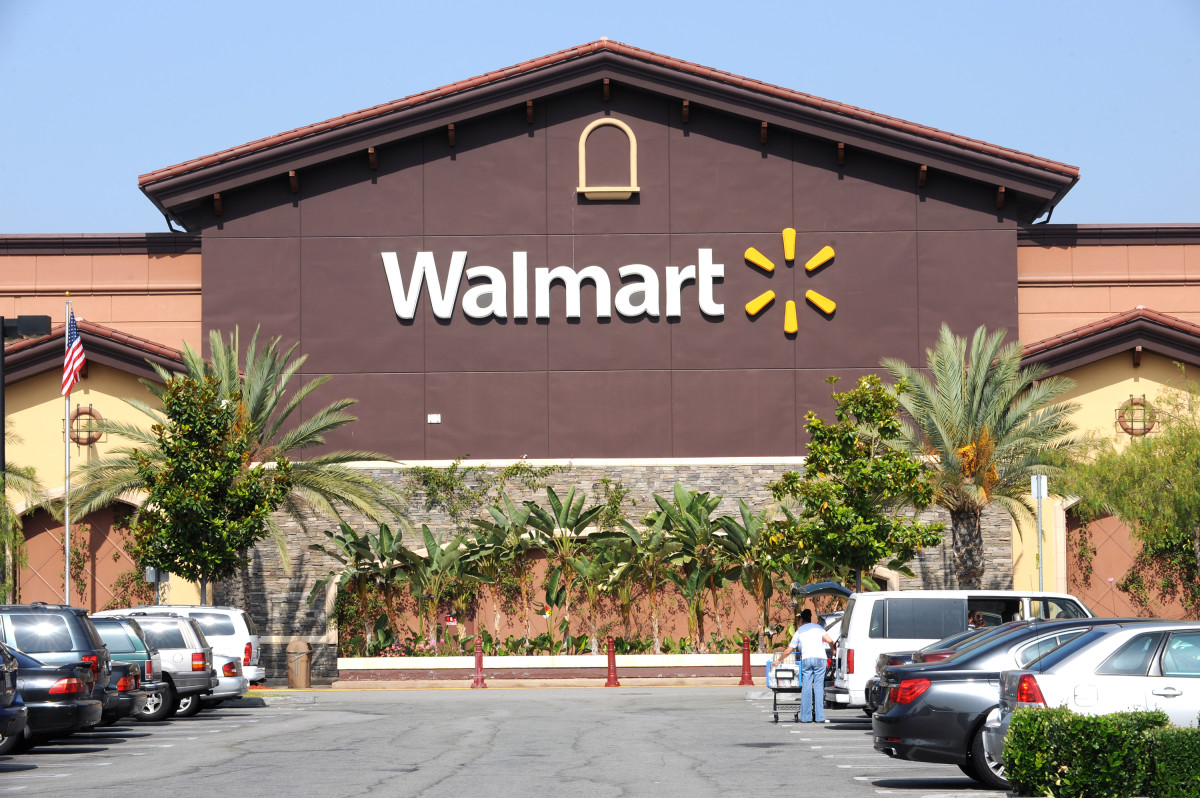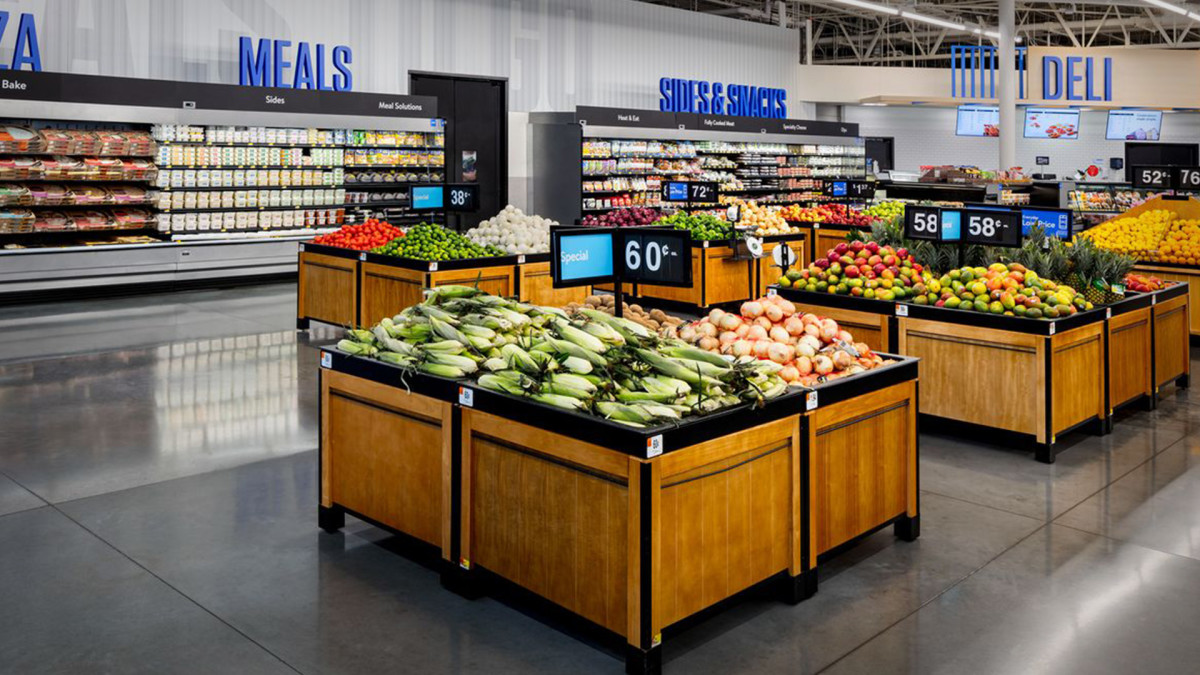
2024 has been nothing if not eventful for the consumer goods and services landscape.
Everyone from retailers to restaurants has been in some way touched by the great consolidation, whereby niche and specialty retailers are slowly slipping away and being replaced by corporate giants.
Related: Walmart’s newest brand is a big hit with wealthy shoppers
The relevance of once-popular legacy retailers like Joann Fabrics, Party City, Express, and Rue 21 is evaporating, leaving large empty footprints behind them. Even restaurants like Foxtrot and Red Lobster are grappling with their own struggles, thanks either to misguided management, a loss of interest, or customer budget tightening.
Some of this is thanks to Covid, which accelerated the already rapid decline of stores and shops tightly linked to indoor shopping malls. And following the pandemic, when inflation began to soar, shoppers changed their behavior and price resistance, preferring discount-style retailers (either online or at outlets and strip plazas) in place of those once-popular shopping hubs.
This can be felt particularly in the food industry; grocery prices are higher now than they were one year ago. The cost of food is 2.2% higher than it was during this time in 2023, and the cost of dining out is more expensive at even some of the cheaper places. McDonald's menu prices have risen by 100% since 2014, which is more than three times the national rate of inflation.

Walmart
Walmart solves for a tricky problem
But some of those aforementioned corporate giants are trying to reduce prices in an effort to ease the pinch on customers and lure them back through the aisles.
Walmart (WMT) announced in March that it would work to reduce the price of food back down to pre-inflationary levels, a move it says has only helped it in the long-run.
"We see an even larger spread between eating at home, preparing meals at home, and eating out, which we think can help Walmart over the remainder of the year," Walmart U.S. CEO John Furner said following the rollbacks.
More Walmart:
- Walmart raises the price of a key service
- Walmart launches cheap brand customers will love
- Some Walmarts make surprising self-checkout change
In fact, customers are so delighted that Walmart claims to be attracting new ones, particularly those in a higher income category. Walmart management indicated in May that customers who make $100,000 or more annually make up the largest cohort of its new e-commerce customers, accounting for a 22% rise in sales.
"We are seeing customers trade into Walmart,” CFO John Rainey said recently, claiming even high income customers are choosing to shop at Walmart for its wide range of quality products at lower than average prices.
"We're seeing higher engagement across income cohorts, with upper-income households continuing to account for the majority of the share gains," Rainey added.
Former Walmart CEO is skeptical
But not everybody is enthusiastic about the low price party.
Former Walmart U.S. CEO Bill Simon indicated that Walmart's newest high-income customers may just be adding to a bigger problem down the line that may actually hurt those who need price reductions the most.
Related: Target making Walmart-style price cuts on thousands of items
“The Walmart experience is better than it used to be, but it’s still not a premium experience. Walmart is built on convenience, cost and assortment. Not on service,” Simon said during an appearance on CNBC. “As the economic challenges abate ... service will become more important than convenience and price. And, we’ll see a shift back of some of the consumers. That’s the bubble.”
Walmart reported bumper earnings this week, with a 6.05% jump in revenue year-over-year and a 205.08% rise in net income. Earnings-per-share were up 14.16%.
“The challenge is that the tailwinds that have come from food inflation that have pushed Walmart along will reverse eventually,” Simon added.
But Walmart execs were fast to counter that argument, claiming on the earnings call that inflation is not in fact to blame for these big numbers.
"The momentum we see across the business is driven by growth in units sold and transaction counts, as well as market share gains, including general merchandise," CEO Doug McMillon said. "These are not inflation-driven results."
But Simon sees the situation more simply.
"As long as there’s inflation and those tail winds that come from particularly from food inflation, more traffic will come to the Walmart store,” he said, adding, "“When inflation abates and service becomes more important than price, some of those tail winds will become headwinds."
Related: Veteran fund manager picks favorite stocks for 2024







